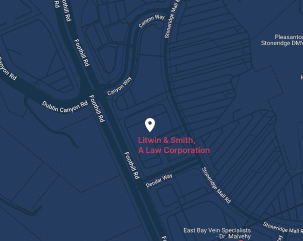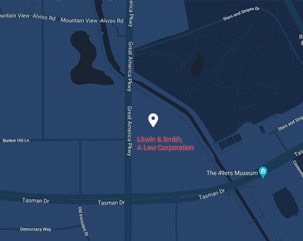The Biden administration has delayed a controversial Trump-era rule that would raise mandatory minimum wages for foreign workers with the H-1B visa. It was scheduled to go into effect on March 15, but implementation is now extended to May 14.
The Trump administration offered a revised version of the rule in January after losing a court battle over its initial plan. If it goes into effect in May, lower-wage H-1B workers would have to receive at least the 35th percentile of the prevailing wage, while those at the higher end would have to be at or above the 90th percentile.
The initial version was rejected by a federal court
The former administration proposed the revision shortly before Trump left office, saying it was to protect American workers from “cheap foreign labor.” However, major tech companies, such as Google, Facebook and Apple, said the increased minimum pay requirements would gut the H-1B program and harm the U.S. economy’s recovery from the COVID-19 pandemic.
The rule’s initial version set minimum pay levels even higher, at the 45th percentile for those at the low end of the pay scale and the 95th percentile for those on the high end. A federal judge in Oakland rejected the government’s argument in December, saying it failed to show good cause for imposing the rule without notice or a public comment period.
Further delays could be in store
The July 1 start date remains in effect for a phased-in implementation of the requirements. However, the Biden administration says further delays are possible due to the Department of Labor’s scrutiny of the complex rule, adding that their goal is to provide clarity and give employers time to comply.
The Trump administration targeted the H-1B visa with dramatically increased denials, especially for staffing and outsourcing companies. Major tech companies rely heavily on the visa and argue the cap of 85,000 visas should be increased, allowing them to secure the best talent in the world.

